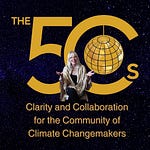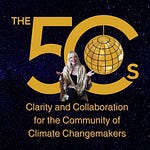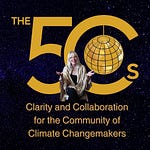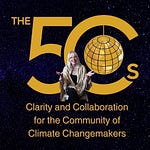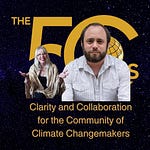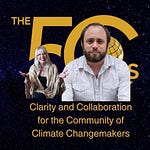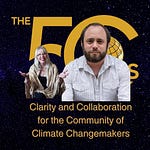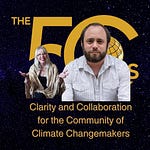With Leslie Anne St. Amour, a lawyer, champion of Indigenous rights, a social activist and the Campaigns Director of Raven, we get up close and personal in trying to understand the Indigenous perspective. Because, despite the critical role Indigenous communities can play in environmental stewardship, there is a noticeable reluctance to integrate their voices. This reluctance can be attributed to several factors:
Historical Marginalization: Indigenous communities have been historically marginalized and excluded from decision-making processes.
Lack of Awareness: There is a general lack of awareness about the depth of indigenous knowledge and its relevance to contemporary environmental issues.
Systemic Barriers: Institutional and systemic barriers often prevent Indigenous participation in environmental governance.
To overcome these challenges, it is essential to:
Educate and Raise Awareness: Promote education about Indigenous history, rights, and environmental knowledge.
Foster Inclusive Policies: Develop and implement policies that actively include Indigenous voices in environmental decision-making.
Support Indigenous-Led Initiatives: Provide support and resources to Indigenous-led environmental initiatives and organizations.



